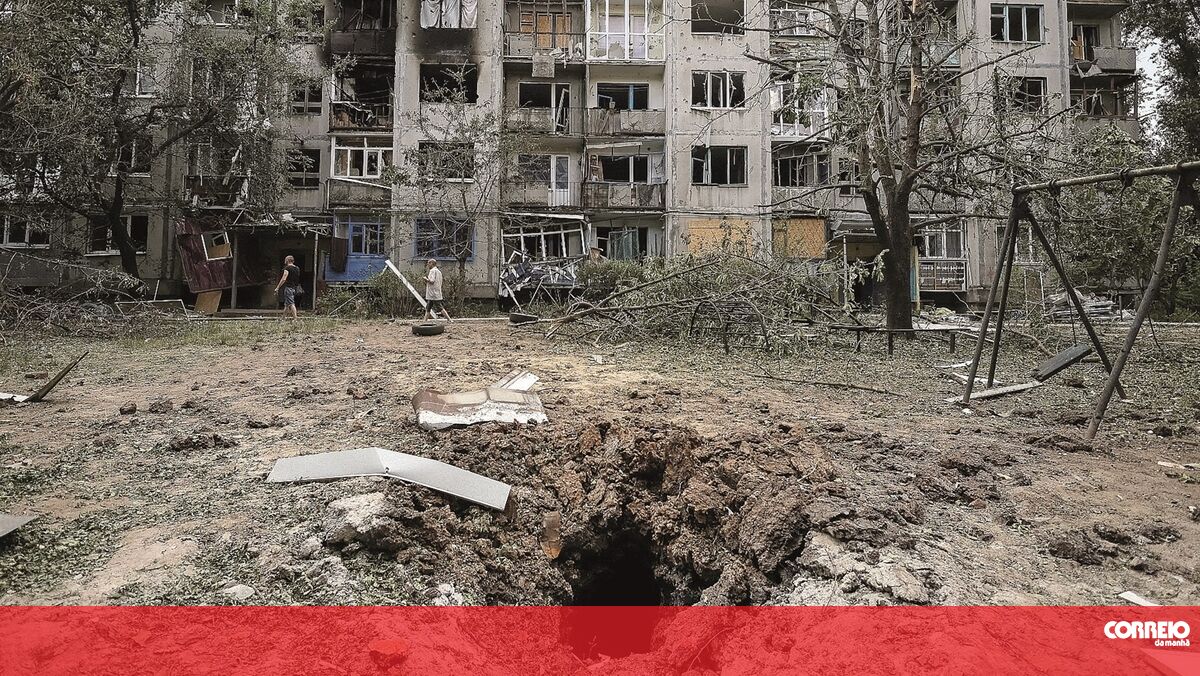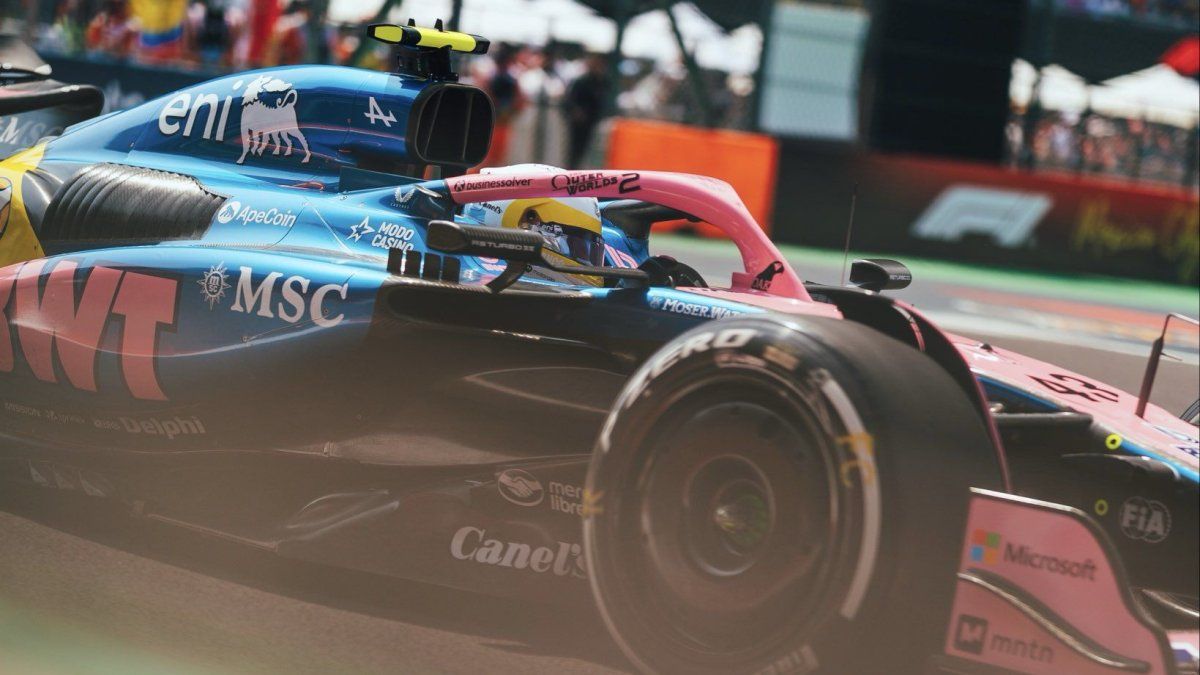European Union High Representative for Foreign Policy Josep Borrell on Friday urged Europeans to have “strategic patience” until the conflict in Ukraine ends after defending sanctions against Russia despite rising energy prices.
“Now that the war is dragging on and energy prices are rising, many people in Europe and elsewhere are wondering if these sanctions are working or if the side effects are too great,” he wrote on his blog.
For the head of European diplomacy, the restrictive measures that the European Union (EU) has approved since the start of the invasion are “effective” because they are “stupid” and “their impact on the Russian economy will increase even more.”
Borrell acknowledged that “strategic patience is needed because it can take a long time for them to [sanções] have the desired effect.”
“This is the price of protecting our democracies and international law,” he said, assuring that the EU does not want “war with Russia” and that economic sanctions and support for Ukraine are a priority.
The head of European diplomacy said that the agreement reached between European leaders to stop importing Russian oil, which they buy by sea, at the end of the year means stopping 90% of the purchases of this fuel, “depriving Moscow of the corresponding income.”
However, the former Spanish minister admitted that Russia is the second largest exporter of oil and therefore exports it to other markets, mainly Asian ones, thus obtaining resources to finance the war.
He noted that the Russian oil industry would “suffer” not only from the departure of foreign operators, but also from the “complication” of access to complex technologies, such as horizontal drilling.
Borrell pointed out that “Russia’s ability to place new wells [de petróleo] production will be limited, which will lead to a drop in production.”
The EU High Representative for Foreign Policy also said that Russia depends on Europe for more than 45% of imports of high-tech products, and on the United States for 21%, while only 11% of purchases of these goods come from China. where Moscow is looking for an ally.
Author: Lusa
Source: CM Jornal
Jane Stock is a technology author, who has written for 24 Hours World. She writes about the latest in technology news and trends, and is always on the lookout for new and innovative ways to improve his audience’s experience.




